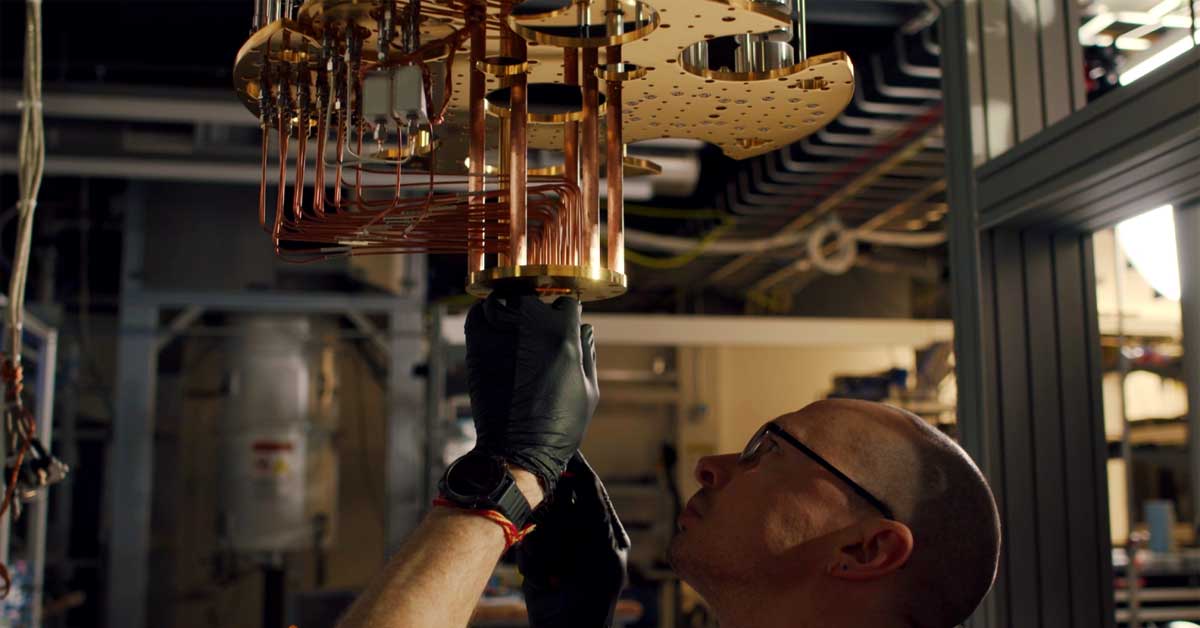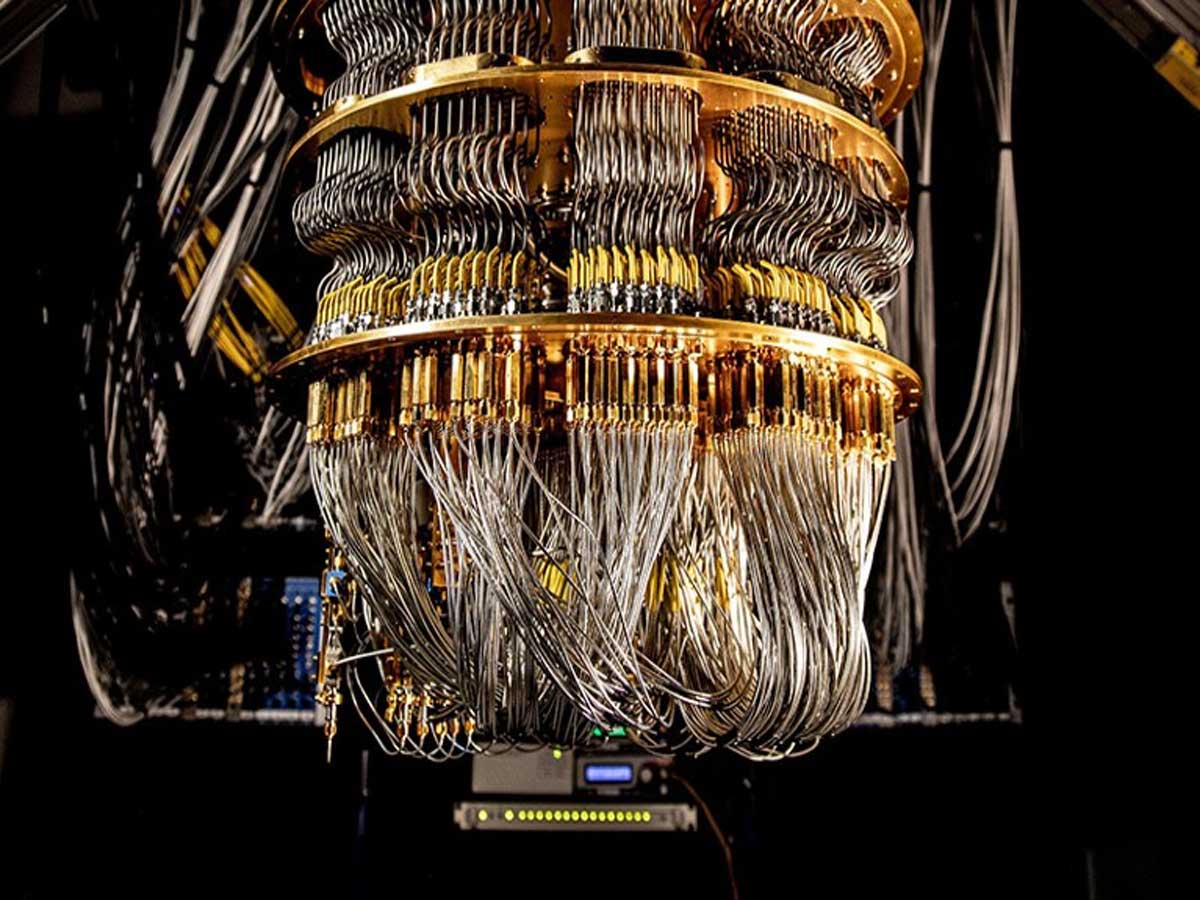British startup that came out of University College London and the University of Bristol managed to raise a whopping £13 million (that's around $16.5 million!) to work on some fancy algorithms for quantum computing machines. These quantum machines are the kind being worked on by Microsoft, Google, and the folks at International Business Machines Corp.
This startup, called Phasecraft Ltd., is up to some interesting things. They're all about making stuff that proves their ideas can work. Right now, they're keeping a secret about which part of the UK government they're teaming up with, but they're definitely doing it.

With their fresh pile of cash, they're planning to figure out how to make software that'll run on those future quantum processors. And guess what? This software might help speed up the whole process of finding out how to make things like batteries for gadgets and solar panels for homes.
Ashley Montanaro, one of the big shots at Phasecraft, explained that they're dealing with some super important materials. These are so important that even the smartest regular computers can't really understand them right now. This Phasecraft gang has been testing their software on machines made by Google, IBM, and Rigetti Computing Inc.
Phasecraft is a little small; they've got about 20 people on their team. They're keeping their cards close to their chest when it comes to how much their whole deal is worth after getting that load of cash. Who led the charge on the money front? Playground Global, all the way from California.

Take a look around the world, and you'll see companies and brainy folks in labs all racing to build these super-advanced computers called quantum computers. Google and other big names have shown that these things can work, but they have yet to really show us what they can do for real.
Now, this smart physicist, Araceli Venegas-Gomez, has something interesting to say. She's into quantum stuff and runs a cool place called Qureca, where they help people get better at quantum things. She's got the point: we don't need the perfect quantum computer right this moment. What we do need is to get a grip on why we should even care about these weird computers.
Even with some folks having doubts, both money people and the folks in charge can't look away from the potential of quantum technology. Think about it: this fancy tech could change how we discover new medicines and even how we stay safe online.
That's why countries like the US, UK, and China are putting loads of money into it. Back in 2017, China announced they were putting $10 billion into a big lab just for quantum stuff.

Here's a twist in the story: President Joe Biden of the US decided to put limits on how much money can go into certain Chinese tech companies, especially those digging into quantum stuff. The UK is also thinking about whether to follow the same path or not.
Ian Hogarth, the big cheese at Phasecraft, has thought about the future. He thinks that in three to five years, we'll see some real-world uses for these quantum computers. He's got his eyes on the progress Phasecraft is making, along with how far machines have come.
And if he's right, we could be seeing some pretty neat things coming from these quantum computers sooner than we might think.
Sources: bloomberg.com / nature.com













